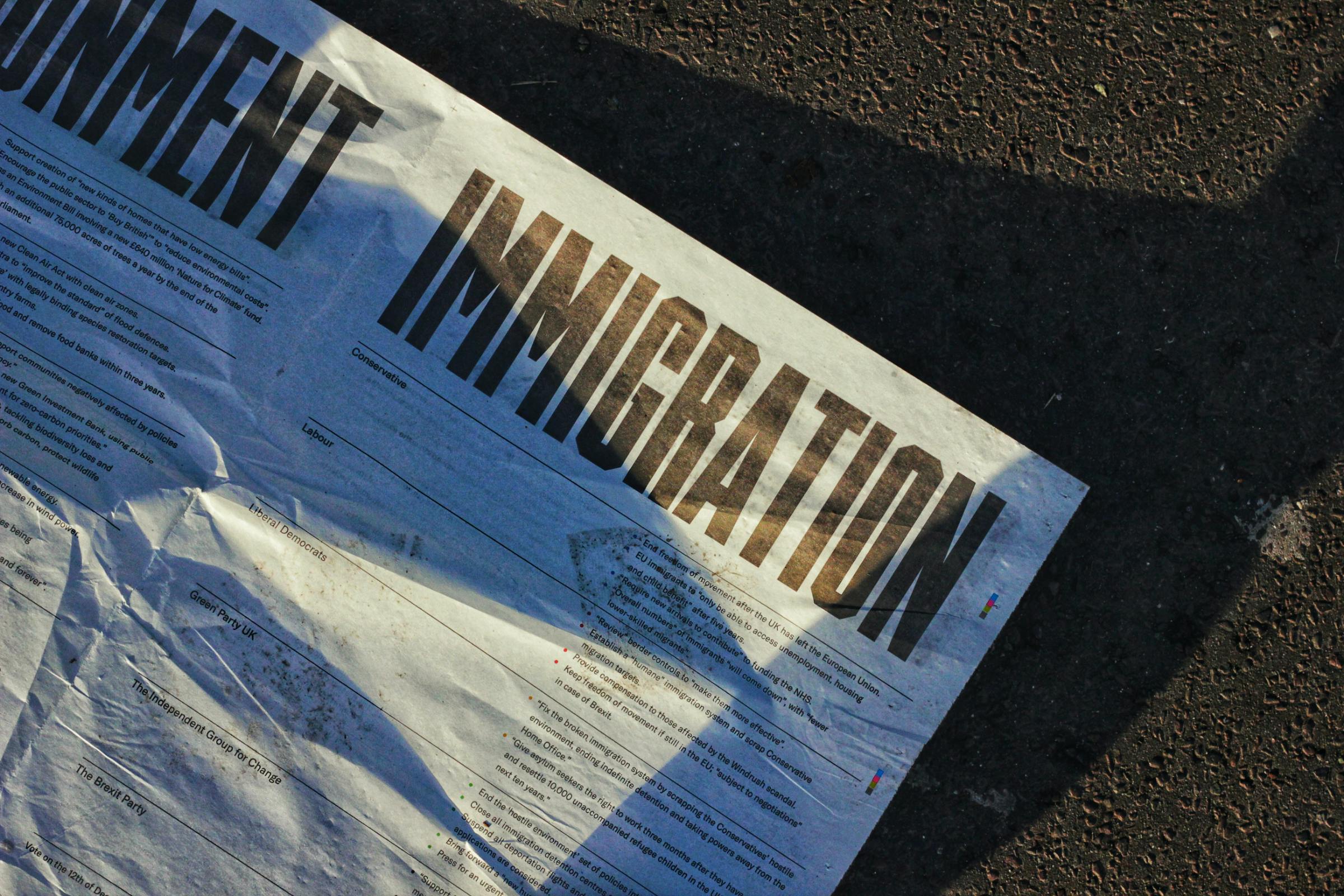The I-944 was a relatively new form that was instated due to the Trump Administration in 2019. The form is titled “Declaration of Self-Sufficiency” and was supposed to be an added layer of security for the USCIS to determine if the applicant in question was likely to become a public charge. Public charge means that an immigrant or non-citizen is likely to become dependent on government assistance under section 212 of the Immigration and Nationality Act (INA).
However, critics of the form and the rule on the public charge stated that U.S. immigration law was becoming too biased and that the new form was simply a means for rooting out immigrants with a lower socio-economic status. Immigration lawyers said the form went too far and overstepping its bounds by asking for personal income-related questions. Still, throughout 2020, if you were filing for a green card in the United States, you needed to accompany your I-485 application with an I-944.
A Change in Documentation
However, the Biden Administration has sought to undo Trump-era immigration policies from day one in office. As of March 9th, 2021, the Biden team along with members of the Department of Justice have tried to undo the public charge rule, and now with some success, the USCIS will stop accepting I-944 applications altogether. This means that if you are applying for an immigrant visa or for permanent residence in the United States, you will not have to supplement your application with the Form I-944.
Applicants and petitioners for extension of nonimmigrant stay and change of nonimmigrant status should also not provide information related to the receipt of public benefits on form I-129 in Part 6 and form I-539A, Part 3. In addition, for those who are going through consular processing and applying for an immigrant visa abroad, there will be no requirement to electronically file the DS-5540.
The move also comes at a time when U.S. immigration law has been put under scrutiny for those who have been investigating inefficiencies with employment-based immigration. One of these inefficiencies that was found in a recent Brooking report highlighted that an immigrant who had a good job offer in the United States, under the old rule, would have still had to file an I-944 even though their job offer and approved petition shows that they would likely not become a public charge. Thus it was a waste of extra document filing and processing time.
New Rules in Effect
However, it should be noted that the taking down of the I-944 Declaration does not wholly stop a visa or green card applicant from being inadmissible to the United States based on public charge ruling. But, as intended, it does limit some of the power of this statute. In accordance, the USCIS will revert back to the 1999 Field Guidance that was put in place before the Trump-era changes.
One of the main themes of this document states the following…”It has never been part of Service policy that any receipt of services or benefits paid for in whole or in part by public funds renders an alien a public charge, or indicates that the alien is likely to become a public charge…”
In addition, the document also states that the receipt of a public benefit by a member of the (immigrant) applicant’s family is not, “…attributable to the applicant for purposes of determining the likelihood that the applicant will become a public charge.”
The document essentially makes the evidentiary requirements for deeming someone a public charge more difficult and takes some of the burdens of proof off of the applicant in question.
For a link to this PDF, please see here: https://www.govinfo.gov/content/pkg/FR-1999-05-26/pdf/99-13202.pdf
Also, for a link to the USCIS news update regarding the I-944, please see here:
https://www.uscis.gov/green-card/green-card-processes-and-procedures/public-charge














